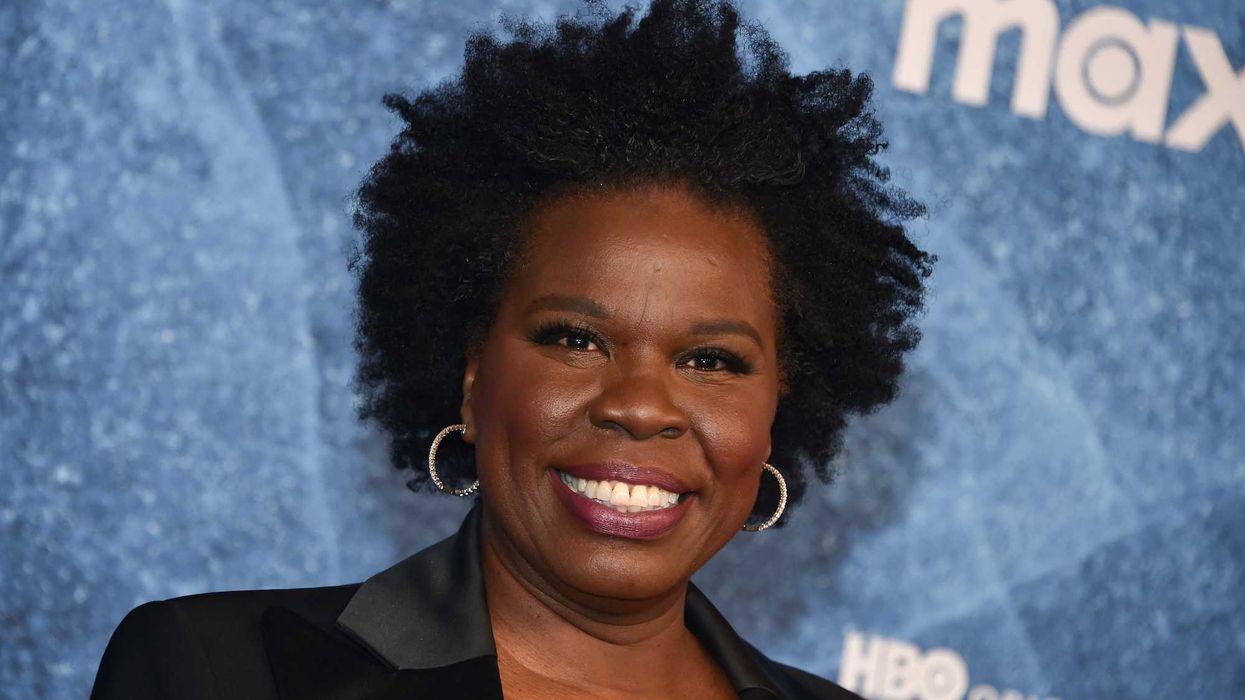TheBlaze will be featuring regular interviews with newsmakers that we think would be of interest to our readers. As part of this ongoing series, we sat down with Sen. Orrin Hatch (R-Utah).
Hatch, who is finishing out his last term, is currently the longest-serving Republican senator — 42 years — in the history of the United States.
Hatch is the chairman of the Senate Finance Committee and a member of the Judiciary Committee, the Senate Health, Education, Labor and Pensions Committee, and the Joint Committee on Taxation. In addition, he serves on the board of directors for the Holocaust Memorial Museum in Washington, D.C.
***************
Sen. Hatch, you're currently the longest-serving Republican senator in U.S. history. What is one of your favorite memories from your time in the Senate?
I have too many memories to count. But if I were to pick one, I’d have to say the [Antonin] Scalia confirmation. I got to know Nino well during his confirmation and throughout the time he served on the Supreme Court. One time we were chatting and he pulled out a pack of cigarettes. I told him he had to give that up because we needed him to serve on the court for a long time. He laughed, threw me the pack of cigarettes, and said “But cigars are still OK, right?” I told him he was incorrigible.
Looking back to your first day walking into the U.S. Capitol as a senator, back in 1977, what do you think has changed the most?
Normally, I’d joke about how nice it was when the Capitol switched from candles to electricity. But I’d say one of the biggest changes is the relationships. When I first came to Washington, many of the members brought their families with them. As families bonded with each other, members worked so much better together. There was a collegiality that had a great impact on the way we worked.
Is there anything that hasn't changed at all during that time?
The Senate cafeteria’s bean soup. It remains delicious to this day.
You've spoken in past interviews about growing up in poverty and living in a refurbished chicken coop when you were going to law school. How do you think these experiences shaped you as a senator?
These experiences inspired me to fight for those who could not fight for themselves. The underdogs deserve a voice, and I have always tried my best to give it to them through the legislation I’ve championed. This country gave me the opportunity to escape the poverty of my youth. In return, I’ve made it my life’s mission to expand opportunity for others.
What do you think is your biggest accomplishment during your time in the Senate, or the thing of which you're most proud?
I will always be most proud of the Religious Freedom Restoration Act. Without it, I sincerely believe that religious liberty in this country would not exist. Passing this bill wasn’t easy, but we were able to cobble together a strong bipartisan coalition to get it across the finish line. I remember standing with Ted Kennedy, then-Congressman [Chuck] Schumer, and so many others at the signing ceremony as President [Bill] Clinton signed into law a bill affirming our right to religious freedom.
What's one thing that you wished more people knew about you?
One challenge of being a senator is that people see only the serious and sometimes combative side of our work because that’s what makes it on TV. I’d love for people to see the joy we have in our work when we do it well, the relationships so many of us have formed despite having such different political views, and the dynamic personalities we have in the United States Senate. While many might imagine the longest-serving Republican senator to be some kind of country-club-loving elitist, it’s actually just the opposite. I grew up with next to nothing, so I’m a pretty simple guy. I like to spend my free time exploring deals at Costco, eating at cheap all-you-can-eat buffets, and simply watching sports at home.
What are you most looking forward to about retirement?
While I’ll still work hard to make a difference when my Senate service is over, I’m looking forward to some free time. I’m not entirely sure what I’ll do with it, but I know my family will be there to help.
During President Donald Trump's 2017 inauguration, you were chosen as the designated survivor since as the president pro tempore of the Senate you're third in the line of succession. Can you describe some of what it's like to be a designated survivor?
There’s quite a bit of weight on your shoulders as the designated survivor. The idea that if a catastrophe were to happen, you’re in charge is quite daunting. But it’s a key part of my role in the presidential line of succession, and I’ve taken it very seriously.
When I interviewed your colleague in the Senate from Utah, Sen. Mike Lee, he told us that his favorite thing about Utah was the skiing. What is your favorite thing about the state?
Utah is certainly best known for its recreational activities, but my favorite thing is the people. While the state has changed quite a bit during my term of service, one thing that has stayed the same is the dedication to self-reliance, community, and altruism.







